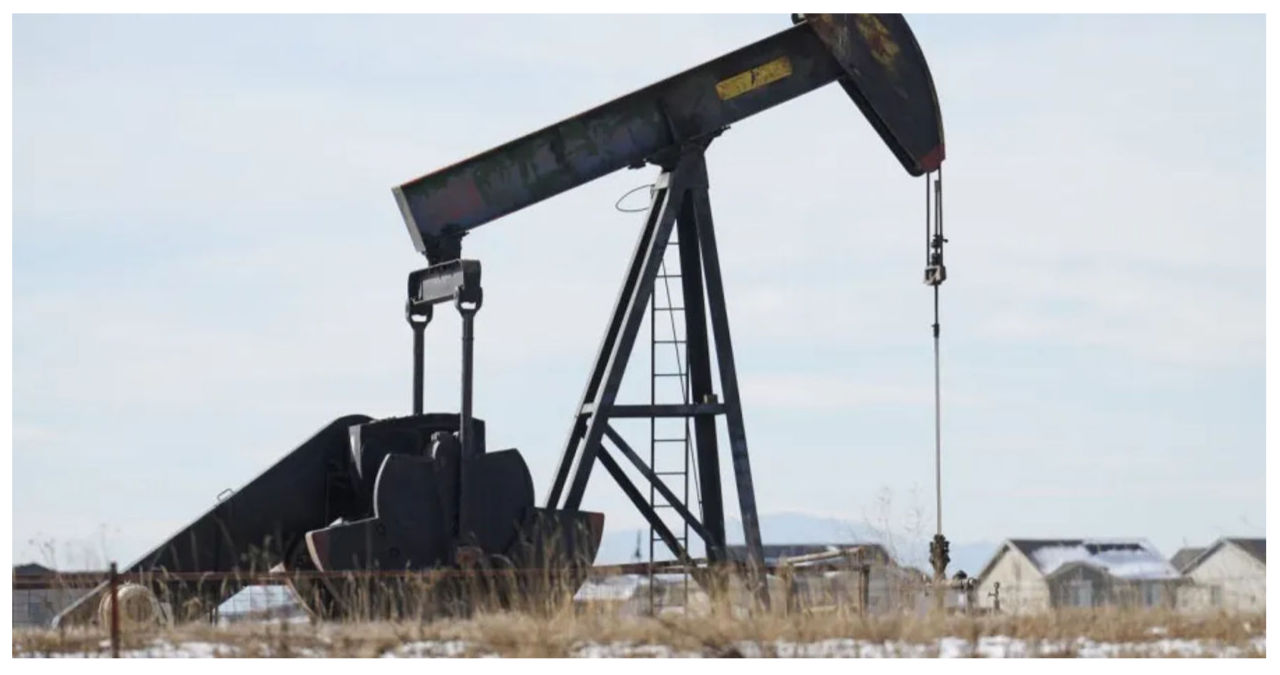The Interior Department has recently implemented a new rule that increases the cost of drilling on lands owned by the federal government.
The Democrats’ Inflation Reduction Act established various provisions in the rule, including raising the rent that oil companies pay for using government land and increasing the government’s share of the profits from oil.
The Biden administration plans to increase the costs for drillers when it comes to abandoning their oil wells without proper cleanup. The administration believes that the current bonding rates are insufficient in ensuring that companies are responsible for cleaning up after themselves.
The administration has characterized the alterations as the initial “comprehensive update” to the regulations pertaining to drilling on federal lands since 1988.
According to a written statement by Interior Secretary Deb Haaland, these reforms to the federal oil and gas leasing program are the most significant in decades. She emphasizes that they aim to reduce wasteful speculation, enhance returns for the public, and safeguard taxpayers from bearing the burden of environmental cleanups.
The administration’s decision to cut costs for producing renewable energy on public land was followed by the implementation of this rule.
The rule specifically increases the royalty rate for oil and gas produced on public lands from 12.5 percent to 16.67 percent.
The rent rates for each acre of land are set to increase under the new lease agreement. In the first five years, the rate will be raised from $1.50 to $3 per acre. For the following five years, it will be further increased to $5 per acre. After this period, the rate will reach $15 per acre. This adjustment aims to ensure a fair and sustainable rental pricing structure.
In addition, the rule raises the minimum bid amount for leasing lands for drilling from $2 to $10 per acre, and also adjusts this price to account for inflation.
Players in the oil and gas industry have expressed their opposition to the rule, stating that the bonding requirements, which aim to discourage the abandonment of wells by collecting funds for their cleanup in advance, could create obstacles for drilling on public lands.
Kathleen Sgamma, president of the Western Energy Alliance, expressed concern that the BLM rule would force small producers to vacate public lands.
According to her, the change in bonding is excessively disproportionate to the problem.
The move was celebrated by environmental activists.
According to Athan Manuel, the director of the Sierra Club’s lands protection program, the recently implemented regulations are long overdue and bring much-needed common sense reforms to the federal oil and gas leasing program. He emphasizes that the era of oil and gas companies exploiting public lands for minimal costs and leaving behind environmental damage is coming to an end. Manuel stated this in a written statement.



